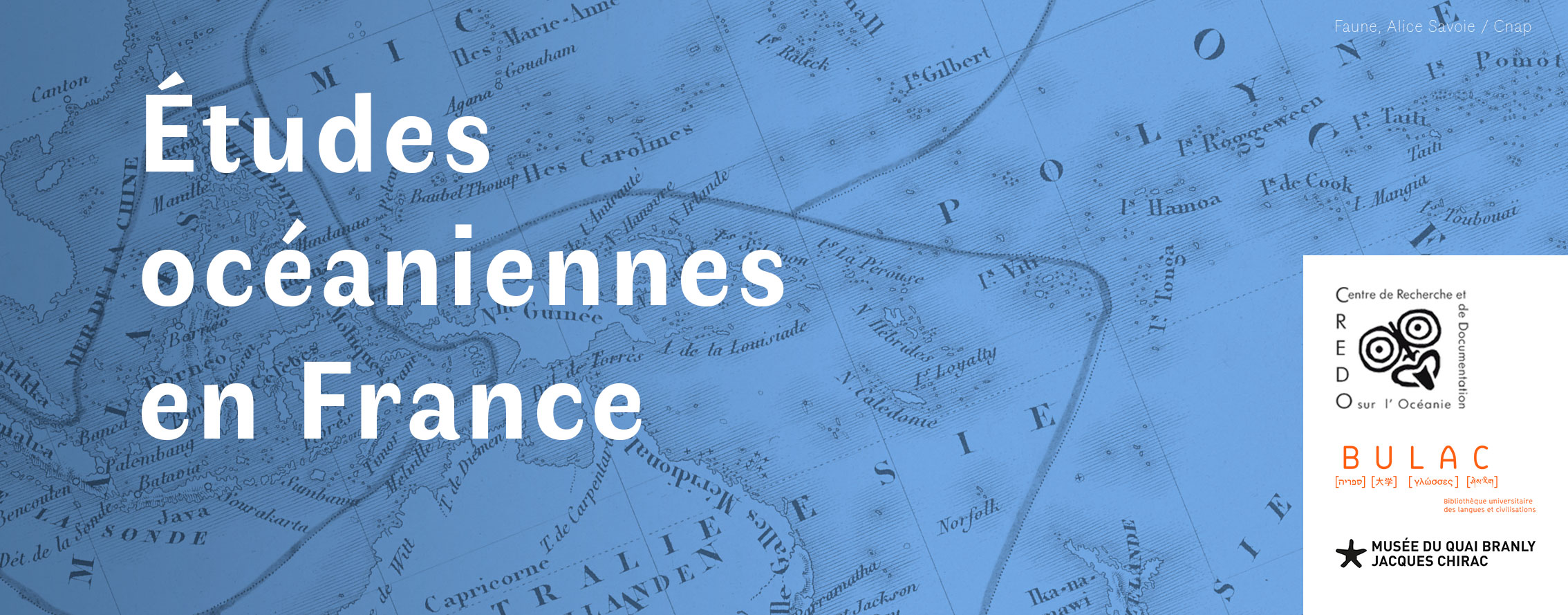Understanding interactions between (micro)plastics and mosquitoes: An interdisciplinary approach in Montpellier, France
Résumé
Today, plastic pollution is ubiquitous. The fragmentation and degradation of macroplastics generate microplastics, which are known for their direct toxicity and harmful impact, but can also act as carriers of contaminants and pathogens. Microplastics are known to threaten numerous organisms across ecosystems, potentially impacting also mosquitoes. So far, a few studies have shown an ontogenetic transfer of microplastics from larvae to adults in mosquitoes, but the characterization of microplastics present in the water of larval habitats has never been carried out. Moreover, the effects of microplastics on vectorial capacity have never been experimentally tested.
In this context, a research project aims to untangle the interactions between environmental contexts (urban, peri-urban, and rural settings), microplastic pollution, and the life history traits, microbiota, and vectorial capacity of mosquitoes. This poster presents the project's methods, then places them in the context of social representations of plastic-mosquito interactions, which were explored through semi-structured interviews.
| Origine | Fichiers produits par l'(les) auteur(s) |
|---|
